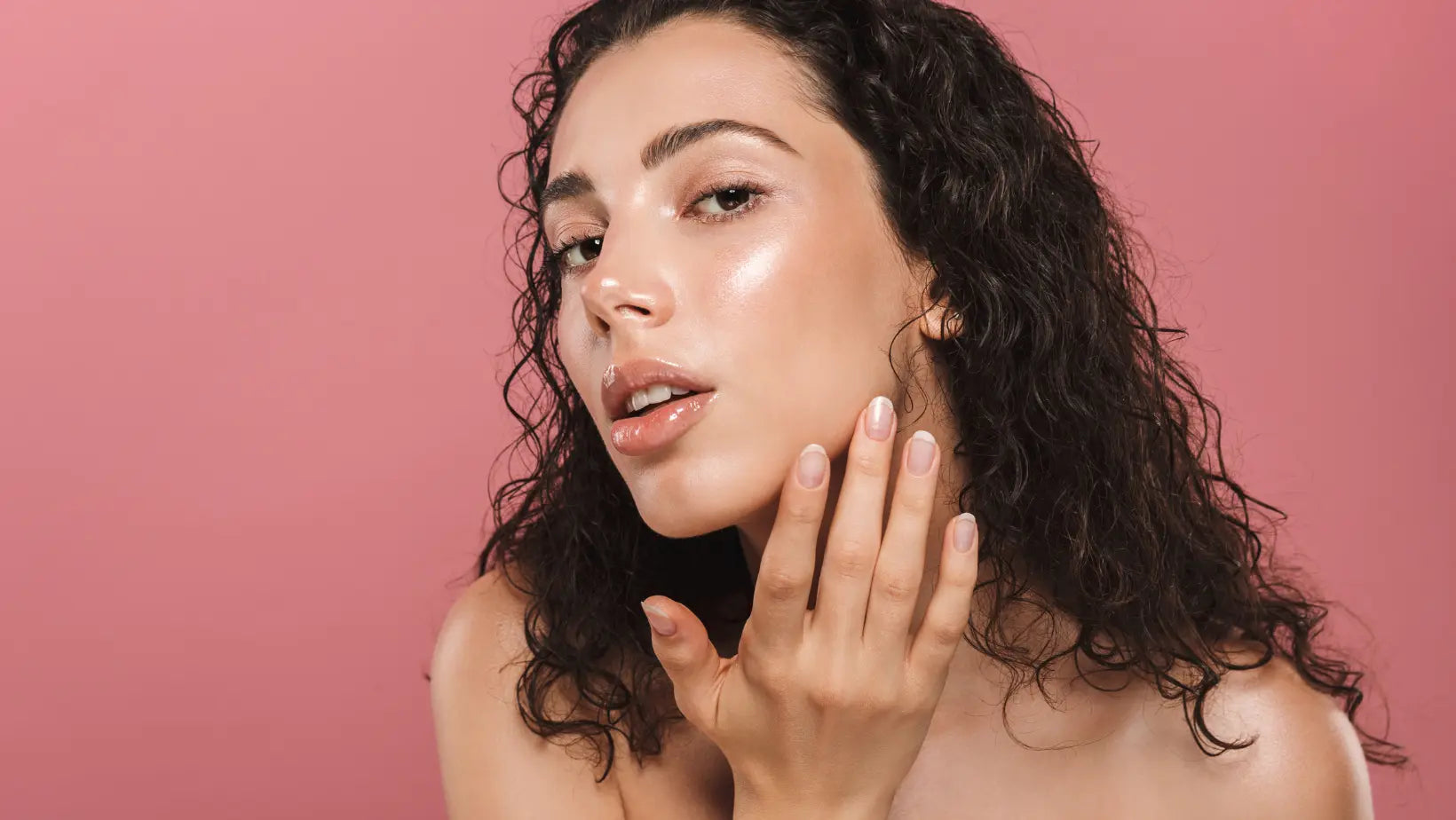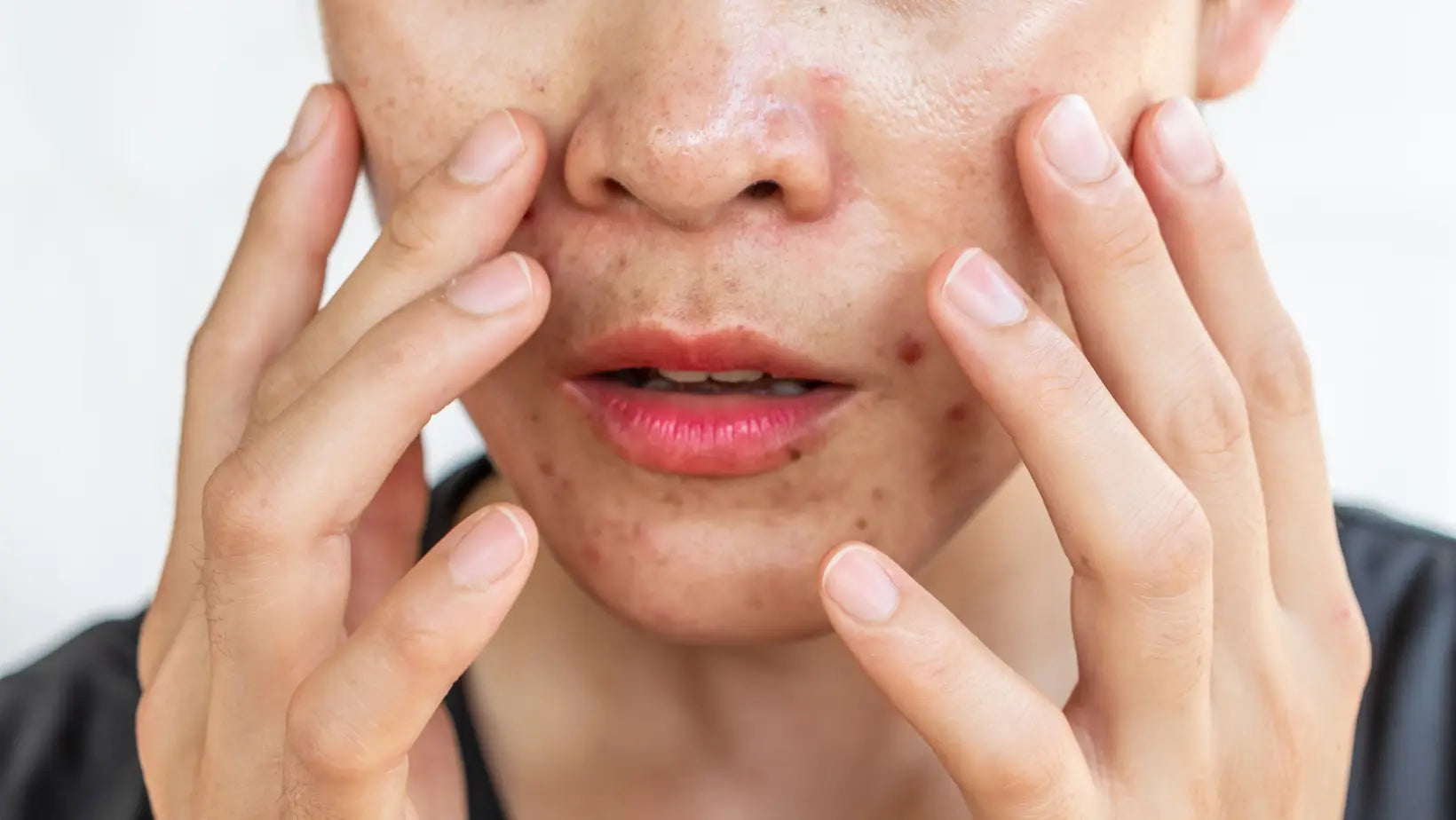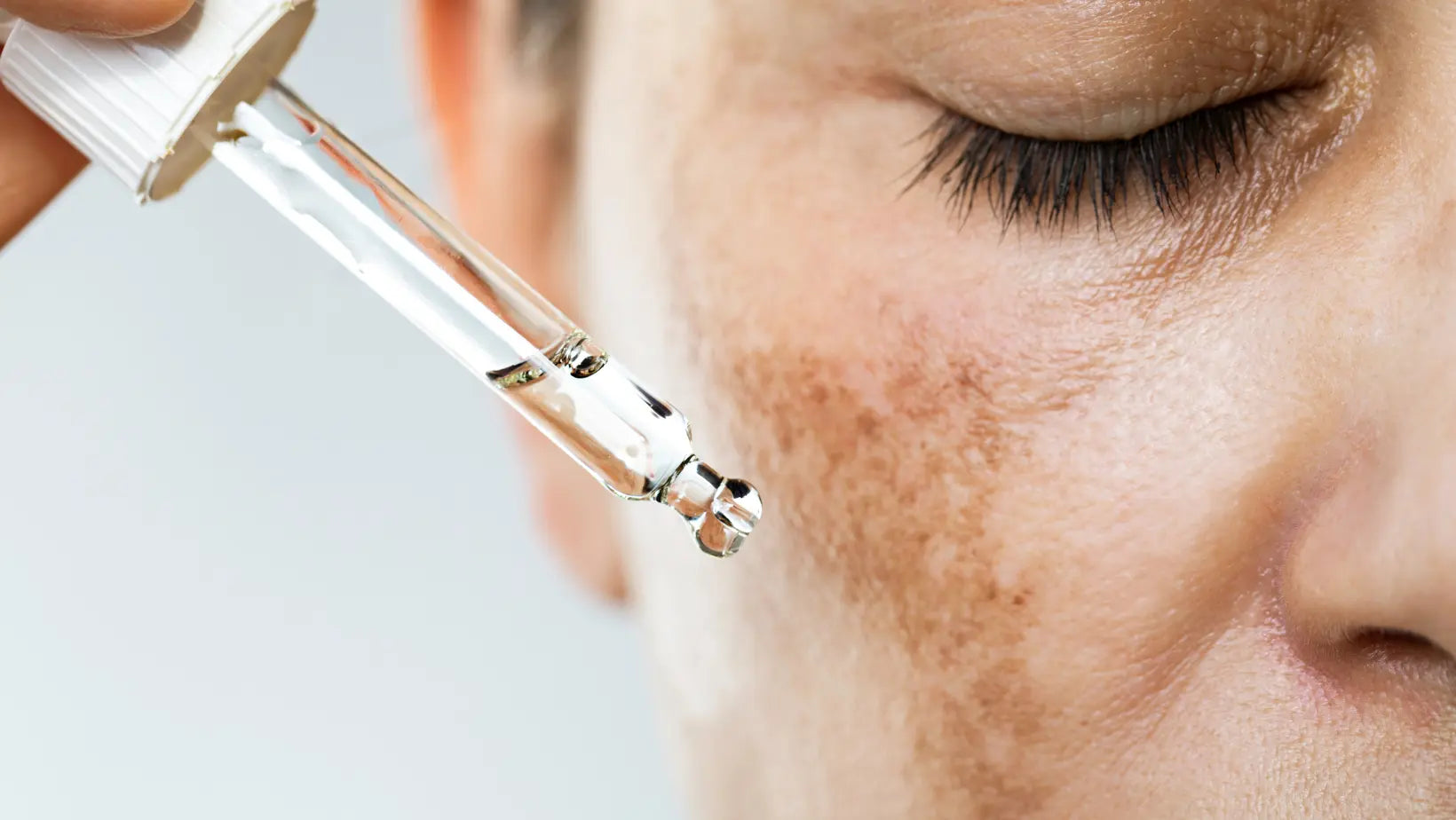
Top 10 skincare myths debunked: What you really need to know
Skin care is a crucial aspect of the health and beauty routine for many people. However, the internet and various media sources are full of contradictory information and myths about how we should care for our skin. These myths can often be misleading, causing confusion and having the potential to do more harm than good. For example, ideas such as "expensive products are always better" or "oily skin does not need hydration" are just a few of the misconceptions that can negatively influence the skin care routine.
It is essential to debunk these myths and promote practices based on scientific facts to maintain healthy and radiant skin. Understanding the truth behind common myths not only helps avoid costly and potentially harmful mistakes but also aids in adopting a more effective and safer skincare routine. Using the right products and applying them correctly can prevent skin problems such as acne, irritations, and premature aging.
In this article, we will talk about the most well-known myths about skincare and provide evidence-based explanations to help you make informed decisions and improve your skincare routine.
Myth 1: Expensive products are always better
Many people believe that the price of a cosmetic product directly reflects its quality and effectiveness. In consumers' minds, more expensive products are associated with superior quality ingredients, advanced manufacturing technologies, and better results for the skin. This perception is fueled by aggressive marketing and elegant packaging, which suggest luxury and performance.
Reality
In reality, the price of a product is not always a reliable indicator of its quality or effectiveness. Ingredients and formulations are much more important than the cost. In fact, many affordable products contain effective ingredients that can deliver excellent results for the skin.
- Ingredients are key: Affordable cosmetic products can contain high-quality active ingredients such as hyaluronic acid, niacinamide, retinol, and vitamin C. These ingredients are supported by scientific research and have proven effective in improving the health and appearance of the skin.
- Formulations matter: The effectiveness of a product depends on how the ingredients are formulated. Even expensive products can be ineffective if they are not formulated correctly. On the other hand, well-formulated affordable products can deliver remarkable results.
Myth 2: Oily skin does not need hydration

A common myth in skincare is that oily skin does not require additional hydration. Many people believe that adding a moisturizing cream to already oily skin will worsen the problem, increasing sebum production and clogging pores. This idea is often reinforced by the oily feeling experienced by people with oily skin, leading them to completely avoid moisturizing products.
Reality
In reality, all skin types, including oily skin, need hydration to maintain a healthy balance of sebum and to prevent various skin problems. Here's why:
- Sebum balance: When the skin is deprived of hydration, the sebaceous glands may overcompensate by producing an even greater amount of sebum. This can lead to a vicious cycle of dry skin followed by excessive sebum production. Maintaining skin hydration helps balance this production.
- Skin barrier: Hydration helps maintain the integrity of the skin barrier, protecting the skin from external factors and excessive water loss. A healthy skin barrier is essential for preventing irritations and inflammations.
- Preventing dryness: Even oily skin can suffer from dryness, especially under certain environmental conditions, such as cold weather or the use of harsh cleansing products. Regular hydration ensures soft and elastic skin.
recommendation
To avoid problems associated with oily skin, it is important to choose non-comedogenic moisturizing products that do not clog pores. These products are specially formulated to hydrate the skin without adding a greasy layer or causing breakouts.
Myth 3: Natural products are always safe
It is often believed that products labeled as "natural" are automatically safer and healthier for the skin. Consumers are often attracted to the idea that natural ingredients are free of harmful chemicals and are gentler on the skin.
Reality
Although natural products can have many benefits, it is important to understand that natural ingredients can also cause allergic reactions or irritations. For example, essential oils, a popular ingredient in natural products, can be extremely potent and may cause adverse reactions if not used correctly. Lavender, mint, and tea tree are just a few examples of essential oils that can irritate sensitive skin.
- Individual testing: It is crucial to test any new product on a small area of skin to check for possible adverse reactions before using it on the entire face or body.
- Reading labels: Natural ingredients should be examined as carefully as synthetic ones. Not all natural substances are harmless, and some people may have specific allergies to certain plants or extracts.
Myth 4: High SPF products provide complete protection
Many people believe that a higher SPF means total protection against the sun's rays and that it is no longer necessary to reapply the product throughout the day.
Reality

SPF (sun protection factor) indicates how well a product protects against UVB rays, but it does not provide complete protection. Here's what you need to know:
- Correct application: For SPF products to be effective, they must be applied correctly and in sufficient quantity. A thin layer will not provide the protection indicated on the packaging.
- Regular reapplication: It is essential to reapply sunscreen every two hours and after swimming or excessive sweating, regardless of SPF.
- Complete protection: A high SPF does not mean total protection. It is important to choose products that offer broad-spectrum protection against both types of UV rays (UVA and UVB).
Myth 5: Daily scrubs are good for the skin
Daily exfoliation is considered necessary by many to keep the skin clean and remove dead cells.
Reality
Excessive exfoliation can damage the skin's natural protective barrier and cause irritation, redness, and inflammation.
- The right frequency: For most skin types, exfoliating 1-2 times per week is sufficient.
- Gentle products: Choose gentle exfoliants, such as Peach Peeling from the Royal Rich range, which do not scratch the skin and are formulated for your skin type.
Myth 6: The skin gets used to products and they become ineffective
It is believed that, over time, the skin becomes immune to the effects of cosmetic products and they cease to be effective.
Reality
The skin constantly responds to the active ingredients in care products, but may require seasonal adjustments or those related to environmental changes.
- Adapting the routine: It may be necessary to adjust the skincare routine according to the season or changes in lifestyle.
- Consistency is key: Consistency in using the products is essential to achieve and maintain the desired results.
Myth 7: Acne is caused only by poor hygiene

Many associate acne strictly with a lack of cleanliness, believing it to be the result of improper hygiene.
Reality
Although hygiene plays an important role in preventing acne, it is also influenced by hormonal, genetic, and dietary factors.
- Hormonal factors: Hormonal fluctuations can trigger acne, especially during adolescence, menstruation, or pregnancy.
- Genetics: Genetic predisposition can make some people more susceptible to acne.
- Nutrition: Diet can influence skin health, with foods rich in sugars and fats contributing to the appearance of pimples.
Myth 8: You need to change skincare products frequently
It is believed that the constant change of products is necessary to maintain their effectiveness.
Reality
Consistency is essential in a skincare routine. Frequent changes can do more harm than good, destabilizing the skin barrier and causing irritation.
- Stable routine: Maintaining a stable routine allows the skin to benefit from the active ingredients in the products used.
- Seasonal changes: Adjust the products used according to the season or lifestyle changes, but avoid frequent changes without a clear reason.
Myth 9: Alcohol-containing products are harmful to all skin types
In the cosmetics industry, there is a common perception that all forms of alcohol in skincare products are harmful. This belief has led many consumers to completely avoid products containing alcohol, fearing the negative effects they might have on their skin.
Reality
Not all alcohols are harmful. It is essential to understand that there are different types of alcohol used in cosmetic products, and their impact on the skin varies considerably. While some alcohols can dry out and irritate the skin, others are beneficial and help maintain the health and hydration of the skin.
- Beneficial alcohols: These fatty alcohols help maintain skin hydration and are used to improve the texture of cosmetic products.
- Harmful alcohols: Denatured or isopropyl alcohols can dry out and irritate the skin if used in large amounts or frequently.
Myth 10: Oils are harmful for oily skin
It is often believed that using oils on oily skin will worsen the problem by clogging pores and causing breakouts. This belief is widespread because oils are associated with a greasy appearance and pore congestion, which can lead to pimples and blackheads.
Reality

In reality, not all oils are harmful to oily skin. There are non-comedogenic oils that do not clog pores and, in fact, can bring considerable benefits to oily skin. These oils help balance sebum production, hydrate the skin, and maintain a healthy and clear appearance.
Non-comedogenic oils
Non-comedogenic oils are formulated not to clog pores and are ideal for oily skin. Among these are:
- Jojoba oil: The chemical structure of jojoba oil is very similar to that of the natural sebum produced by the skin. This oil helps balance sebum production, hydrate the skin, and keep pores clean. Jojoba oil has anti-inflammatory and antibacterial properties, which help prevent pimples and soothe irritated skin.
- Argan oil: Rich in vitamin E and essential fatty acids, argan oil moisturizes the skin without clogging pores. It is known for its anti-inflammatory and antioxidant properties, helping to reduce inflammation and protect the skin from free radicals.
- Squalane oil: This is a derivative of olive oil and is extremely moisturizing, yet very light. Squalane is non-comedogenic and helps maintain the skin's sebum balance, providing hydration without causing breakouts.
Balanced hydration
These non-comedogenic oils help maintain balanced skin hydration without clogging pores or causing breakouts. They create a protective barrier that helps retain moisture in the skin, preventing dryness and dehydration.
- Preventing dehydration: Using non-comedogenic oils helps prevent skin dehydration, which can cause an overproduction of sebum as a compensatory reaction.
- Soothing and skin protection: These oils provide anti-inflammatory and antioxidant properties, which help soothe irritations and protect the skin from harmful external factors.
In conclusion, skincare can be a real challenge, especially when we are surrounded by so many myths and misinformation. It is essential to rely on scientific facts and advice from specialists to adopt the best practices for our skin. From debunking the myth that expensive products are always better, to clarifying the importance of hydration for oily skin, and highlighting the benefits of non-comedogenic oils, we have explored essential truths that can help you keep your skin healthy and radiant.
We invite you to discover the range of Royal Rich cosmetic products, specially formulated for all skin types and conditions. Our products are natural, made in Romania from the highest quality raw materials. Regardless of your skin's needs, the Royal Rich range offers you effective and safe solutions for optimal care. Visit the website and explore our collection to find the perfect products for you.
Take the first step towards healthier and more beautiful skin!



Leave a comment
This site is protected by hCaptcha and the hCaptcha Privacy Policy and Terms of Service apply.